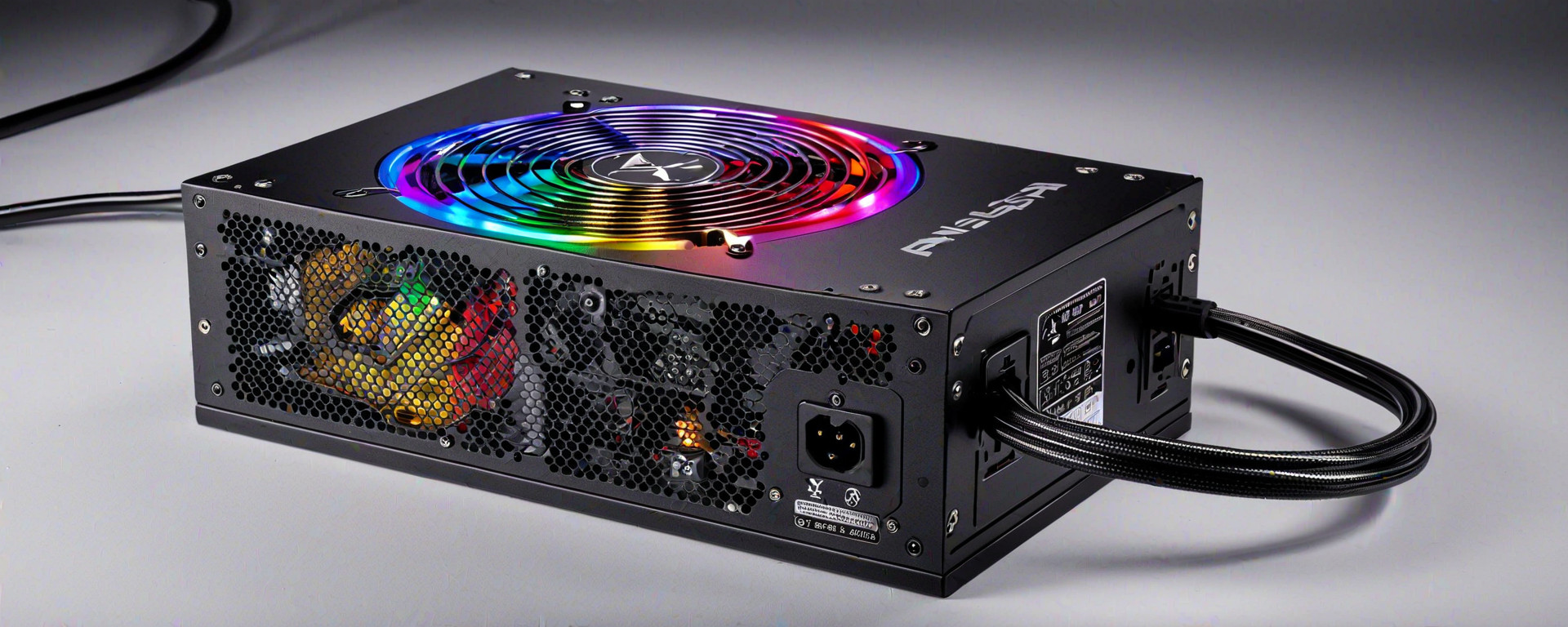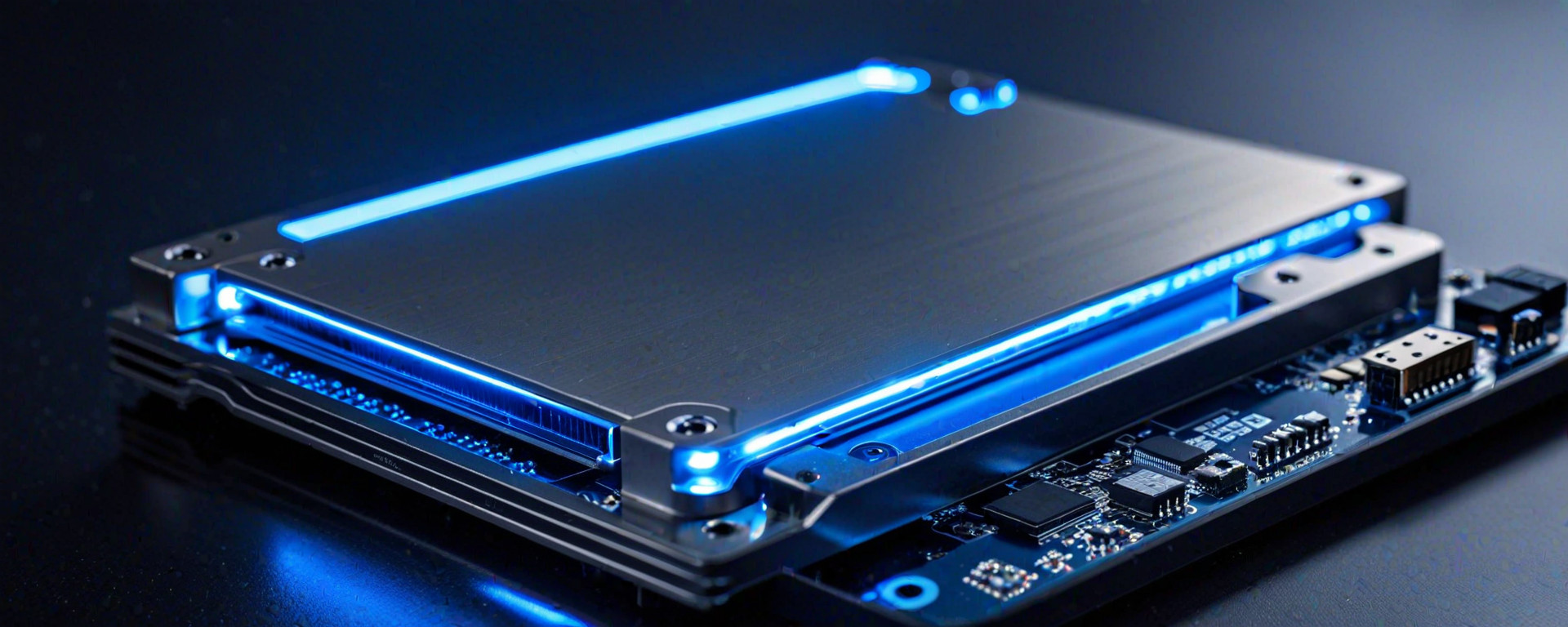1. Introduction
A computer's power supply unit (PSU) may not be the most glamorous component in your build, but it plays a critical role in ensuring that all other components receive stable and sufficient electrical power to function properly. A reliable PSU is essential for maintaining system stability, preventing hardware damage, and optimizing performance. This article aims to guide you through understanding the importance of choosing high-quality PSUs and provides detailed insights into selecting the right PSU for your PC.
In this comprehensive guide, we will cover various aspects of power supply units, including their role in a computer system, different types available on the market, key features to look for when making a purchase, real-world performance scenarios, troubleshooting common issues, and a detailed FAQ section. By the end of this article, you should have a thorough understanding of why you shouldn't skimp on power when selecting your PC's PSU.
2. Understanding Power Supply Units (PSUs)
What is a PSU?
A Power Supply Unit (PSU) converts AC mains electricity into DC current that can be used by the components inside a computer. It provides stable voltage to your CPU, GPU, memory, storage devices, and other peripherals. Without an adequate PSU, your system would fail to start or run properly, potentially causing irreversible damage to sensitive hardware.
Types of PSUs
There are several types of power supplies available on the market:
- ATX Power Supply: The most common type for desktop computers. It provides multiple power connectors, including 24-pin motherboard connector and a 8-pin or 6+2 pin CPU connector.
- SFX (Small Form Factor X): A smaller version of the ATX PSU designed for compact cases, offering similar features in a reduced size.
- TDP Power Supply: Designed specifically for high-performance gaming and workstation computers. They often feature robust components and advanced cooling solutions.
3. Key Features to Look For
When choosing a PSU, there are several important features to consider:
Efficiency Rating
The efficiency rating of a PSU indicates how much energy it converts into usable power without wasting it as heat. Common ratings include 80 Plus Bronze, Silver, Gold, and Platinum. Higher-rated PSUs waste less electricity and run cooler.
Wattage Output
The wattage output determines the maximum amount of power your PSU can deliver. It's crucial to choose a PSU with enough wattage to handle all your components without overloading it.
Certifications and Standards Compliance
- 80 Plus Certification: Ensures that the PSU meets efficiency standards set by the 80 PLUS organization.
- EPEAT Rating: Measures environmental impact of electronics products, including energy efficiency and recyclability.
- National Electrical Manufacturers Association (NEMA) Standards: Ensure PSUs comply with safety and performance requirements.
4. Real-World Performance Scenarios
The choice of PSU can greatly affect your system's performance under different scenarios:
High-Performance Gaming
A high-performance gaming setup requires a robust power supply that can handle multiple high-end components like powerful CPUs and GPUs, as well as additional cooling solutions. A TDP-rated PSU with at least 750W is recommended.
Content Creation Workstations
Workstations used for tasks such as video editing or CAD require a stable power source that can supply consistent power to high-power CPUs and GPUs, multiple hard drives, and external devices. A Gold-rated PSU with at least 850W is advisable.
Compact Systems and Mini ITX
If you're building a compact system or using an SFX power supply in a small form factor case, efficiency becomes even more critical due to limited space for cooling solutions. An efficient SFX PSU rated at least 500W is suitable.
5. Troubleshooting Common Issues
A poorly chosen or malfunctioning PSU can cause various issues with your system:
- System Overheating: Inefficient PSUs generate more heat, leading to thermal throttling of components and reduced performance.
- Random Shutdowns and Reboots: A weak power supply may not be able to deliver consistent power, causing sudden shutdowns or reboots during operation.
- No Booting or Post Errors: If the PSU cannot provide sufficient power to critical components like the motherboard or CPU, your system might fail to boot up altogether.
6. Detailed Comparisons and Alternatives
Let's compare three popular PSUs based on their features and performance:
| Model | Efficiency Rating | Total Wattage Output | Certifications | Price (USD) |
|---|---|---|---|---|
| Cooler Master MWE Gold 850W | Gold | 850W | 80 Plus Gold, EPEAT Silver | $129.99 |
| Corsair RMx Series 750W | Silver | 750W | 80 Plus Silver, Energy Star Qualified | $134.99 |
| American Power Conversion (APC) Smart-UPS 1500VA | Bronze | 1275W | NEMA Standards Compliance, EPEAT Bronze | $349.99 |
7. FAQs and Additional Tips
Q: Is it better to buy a higher-wattage PSU than I need?
A: Yes, choosing a more powerful PSU than your current setup requires ensures that you have room for future upgrades without needing to replace the power supply.
Q: Can an 80 Plus certified PSU save me money on electricity bills?
A: Absolutely! Higher-rated PSUs are designed to waste less energy, resulting in lower electricity costs over time.
Conclusion
Selecting the right power supply is essential for ensuring reliable and efficient operation of your computer system. By considering factors such as efficiency ratings, wattage requirements, certifications, and real-world performance needs, you can make an informed decision that best suits your specific setup and future-proof your investment.








